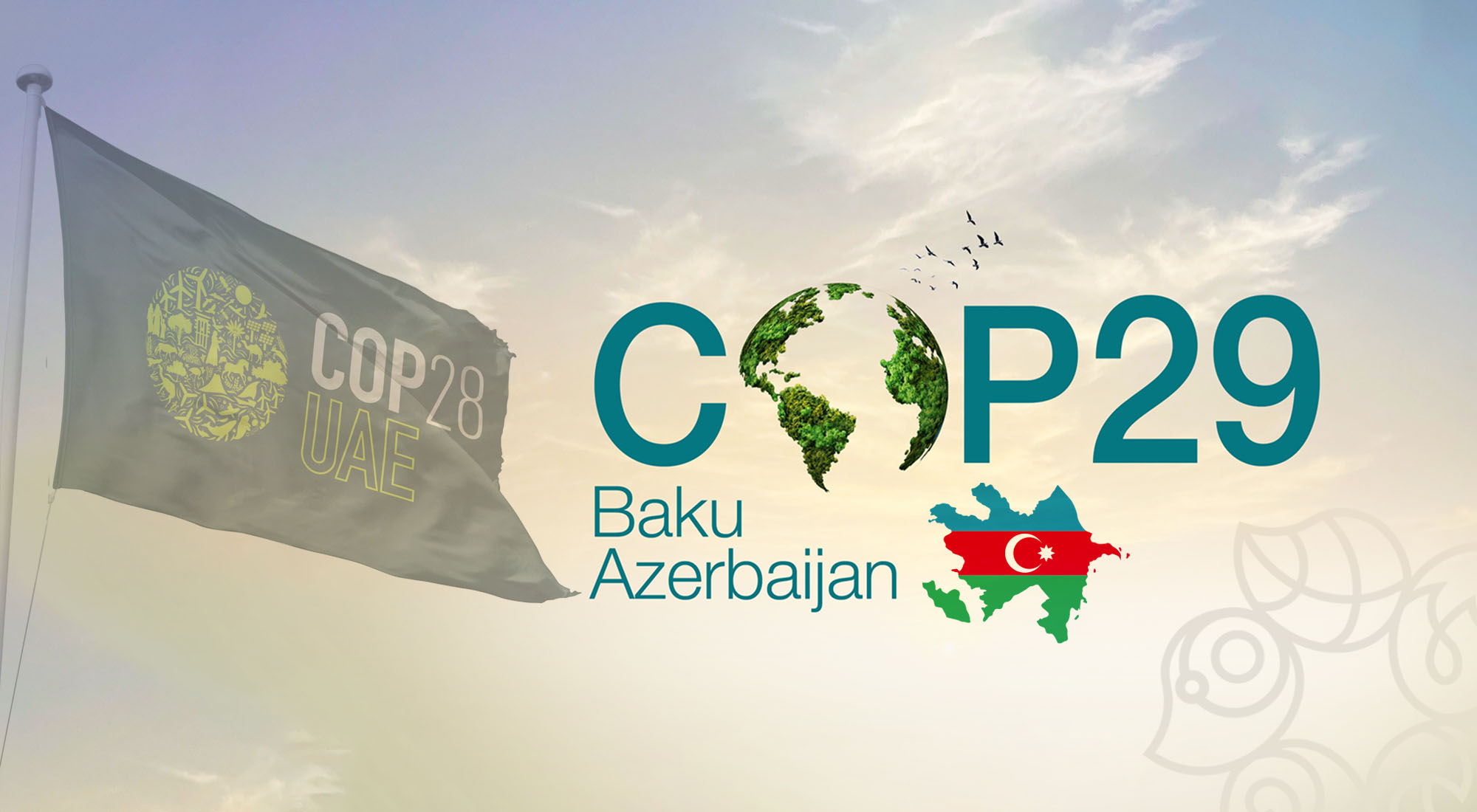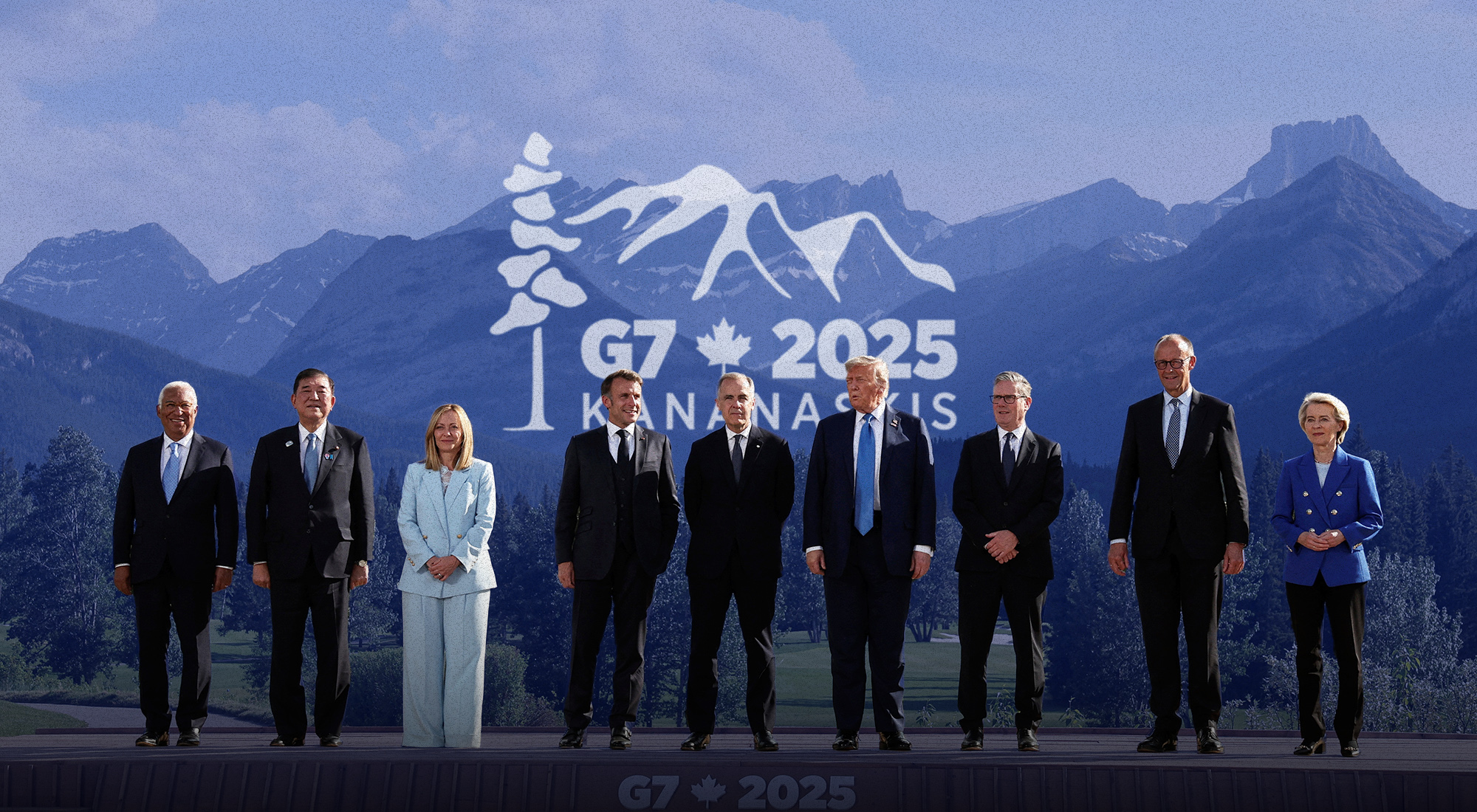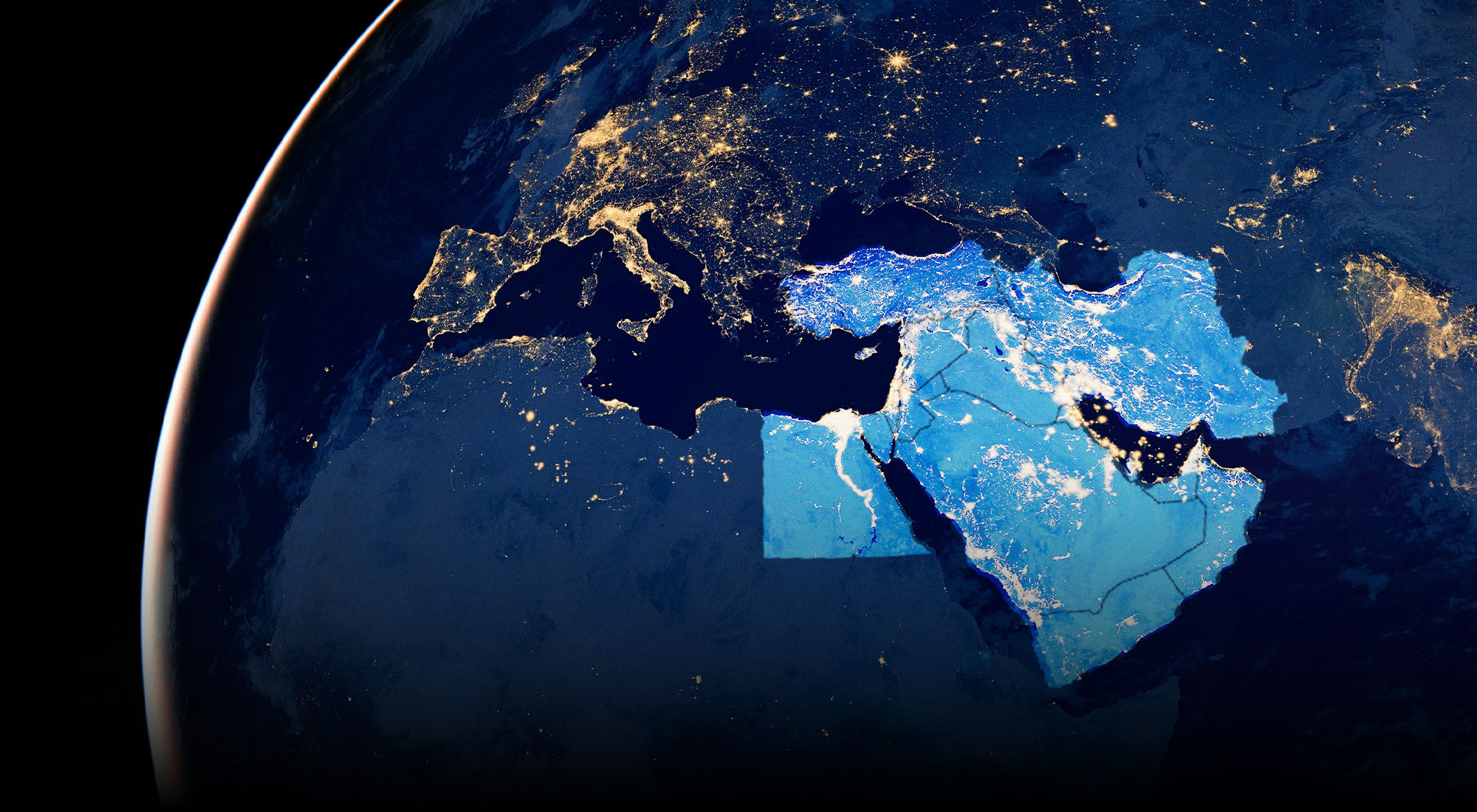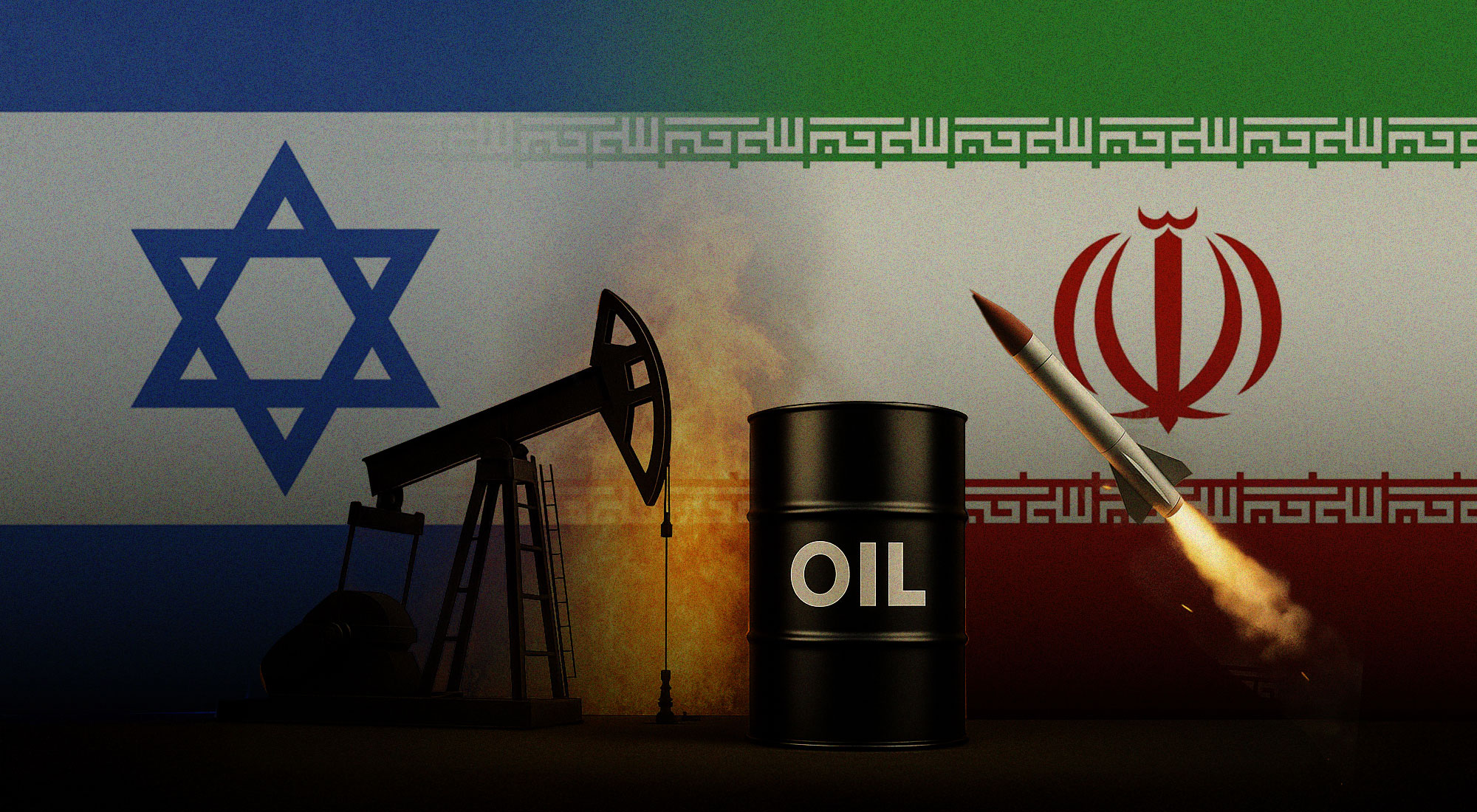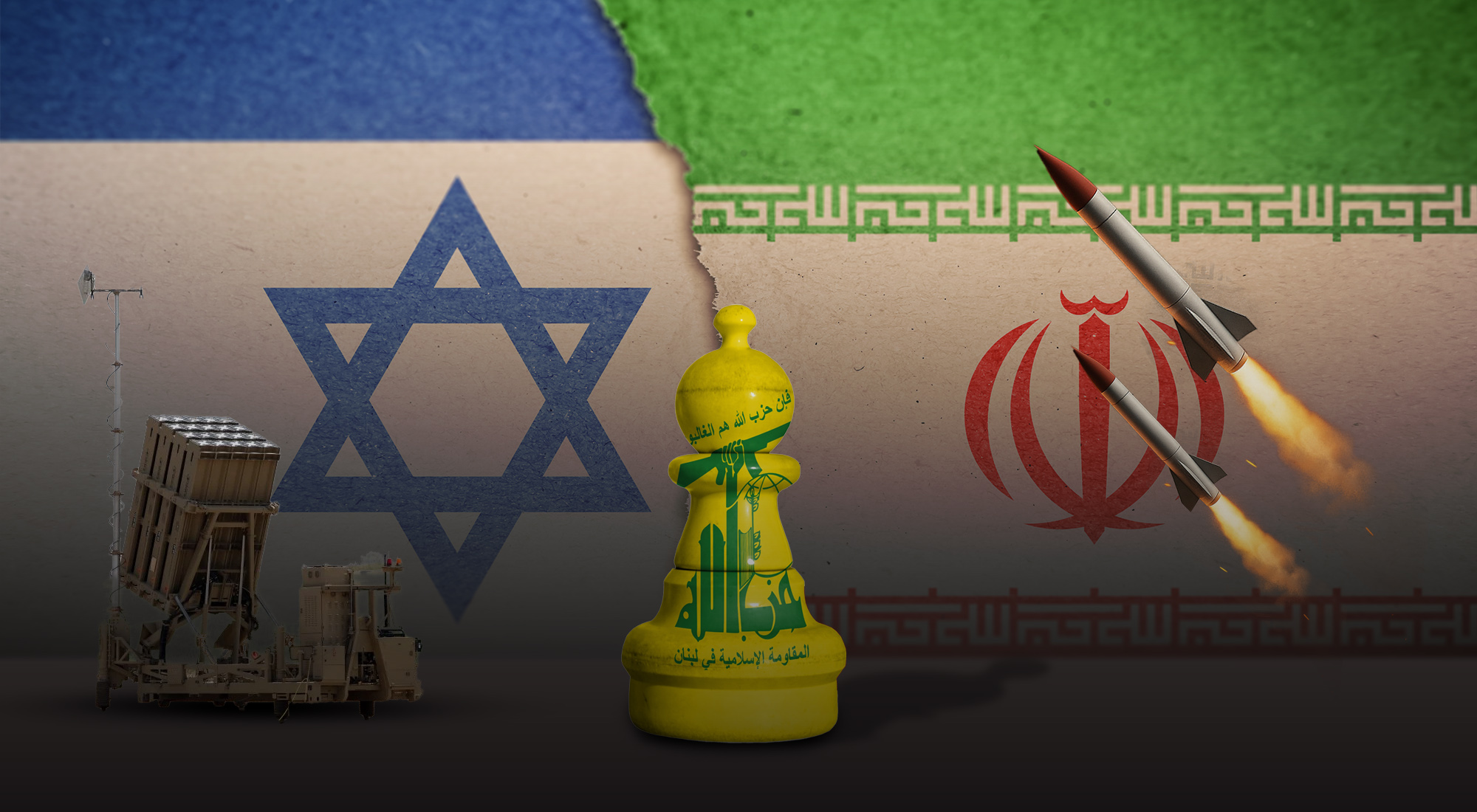Since establishing diplomatic relations in 1992, the strategic partnership between the United Arab Emirates (UAE) and Azerbaijan has significantly evolved. This article explores the progressive development of their bilateral relationship, with a specific focus on economic cooperation, collaboration in the field of renewable energy, and their leadership in worldwide climate initiatives. Initially, these countries’ ties were rooted in economic interests, particularly in tourism, real estate, infrastructure, and finance. Over time, these interactions deepened, leading to substantial mutual investments and increased trade volumes. The recent relationship between the two parties has strengthened by focusing on renewable energy projects, driven by both nations’ commitment to sustainable development and addressing global environmental challenges. The UAE and Azerbaijan’s roles as hosts of COP28 and COP29, respectively, highlight their leadership in climate action on the global stage. The article explores how these strategic ties foster economic growth and energy transitions and set a precedent for climate partnerships, offering insights into the potential benefits and policy recommendations for a stronger UAE-Azerbaijan collaboration.
Strengthening UAE-Azerbaijan Bilateral Relations Over Time
When Azerbaijan broke away from the Soviet Union in 1991, the UAE was one of the first countries to recognize its independence. In 1992, Azerbaijan and the UAE officially established diplomatic ties, laying the groundwork for future cooperation.[1] The initial years of their relationship were primarily characterized by economic cooperation, as both countries signed trade agreements and pursued mutual interests in a variety of sectors, with a particular emphasis on trade and tourism.
Throughout the 2000s, the Azerbaijani economy experienced substantial growth, which resulted in the strengthening of economic ties between the UAE and Azerbaijan. As a result, the UAE became one of the primary investors in Azerbaijan, with a particular emphasis on financing, infrastructure, and real estate.[2] Bilateral trade also increased during this time, with mutual investments and economic ventures benefiting both countries. Azerbaijan established its trade representative office in Dubai in 2017 and Azerbaijan Trading House in 2019, with the objective of promoting its products in the Emirates and the Arabian Gulf.[3] The amount of trade between the UAE and Azerbaijan doubled from the previous year to reach about US$600 million in 2022.[4]
The introduction of a visa-free travel regime for UAE citizens and residents in 2015 marked a significant milestone in the UAE-Azerbaijan relationship. This policy change led to a notable expansion in the tourism sector, with over 50,000 tourists from the UAE visiting Azerbaijan annually.[5] The UAE has since become Azerbaijan’s third-largest direct flight country, after Russia and Türkiye, with four airlines operating 33 flights per week between three UAE cities. This influx of visitors not only boosted Azerbaijan’s tourism revenue but also fostered greater cultural exchange and understanding between the two nations, underscoring the deepening ties between them.
The significant growth in trade value and mutual investment resulting from economic cooperation facilitated the establishment of well-founded trust and mutual benefit between the UAE and Azerbaijan. This strong foundation enabled collaboration on new projects and set the stage for a long-term partnership in more important areas, especially in combating climate change, which has become a global priority for both countries in the last decade.
Partnerships in Renewable Energy Development
Although the UAE and Azerbaijan strengthened their ties over climate concerns under their respective COP leadership, cooperation in this area—particularly in renewable energy—started in the late 2010s. In 2018, the UAE and Azerbaijan signed numerous strategic agreements to collaborate on renewable energy projects, which represented a substantial advancement in their dedication to sustainable development and the resolution of global environmental challenges. Masdar, the UAE’s renewable energy company, and SOCAR were primarily intended for these agreements to facilitate the development of renewable energy projects in Azerbaijan. These projects included onshore wind, solar photovoltaic (PV), integrated offshore wind, and green hydrogen projects.
One of the first examples of this collaboration was in 2023 when the two countries agreed to transfer the 230 MW Garadagh Solar Power Plant project.[6] The facility near Baku aims to generate 500 million kWh of electricity annually, sufficient to power over 110,000 homes and reduce carbon emissions by over 200,000 tons annually.[7] This project is co-financed by the Abu Dhabi Fund for Development and other international financial institutions, positioning the UAE as a key supporter of Azerbaijan’s energy transition journey.[8] Building on this achievement, Masdar has signed contracts to create three more renewable energy projects totaling one gigawatt-hour (GW): the 240 MW Absheron-Garadagh Onshore Wind Project, the 315 MW Neftchala Solar PV Project, and the 445 MW Bilasuvar Solar PV Project.[9] These projects greatly aid Azerbaijan’s objective to produce 30% of its energy from renewable sources by 2030.
In June 2024, Masdar announced a 5 GW renewable energy project in Azerbaijan, including 1 GW of onshore wind and 1 GW of solar photovoltaic projects, with potential for green hydrogen production.[10] This effort, the largest renewable energy contract in Azerbaijan’s history, further cements the UAE’s and Azerbaijan’s collaboration in renewable energy.
The projects initiated by Masdar in Azerbaijan highlight the UAE’s leadership in renewable energy and demonstrate the potential for strategic investments to generate substantial environmental benefits. Moreover, these projects align with both countries’ national goals of transitioning from fossil fuels to renewable energy (in the case of Azerbaijan) and supporting energy transitions (in the case of the UAE), contributing to global efforts to combat climate change.
Enhancing Relationships on International Platforms: The UAE and Azerbaijan at the Helm of COP28 and COP29
In 2023, the bilateral relationship between the UAE and Azerbaijan entered a new phase as they deepened their partnership on international platforms. The 2023 announcement in Dubai that Azerbaijan would host COP29 in 2024, following the UAE’s COP28, highlighted the strengthening relationship between the two nations. This collaboration not only benefited both countries but also allowed the Conference of Parties (COP) to achieve a significant global impact under their leadership.
Shortly after Azerbaijan was announced as the host of COP29, the UAE President, H.H. Sheikh Mohamed bin Zayed Al Nahyan, visited Azerbaijan, publicly pledging to exchange knowledge and capacity-building initiatives to ensure Azerbaijan is well-prepared to host COP29.[11] In preparation for COP29, the UAE has already organized several simulation exercises, numerous workshops, and training programs in collaboration with Azerbaijani authorities, ensuring that Azerbaijan is fully prepared for any contingencies during the conference. The logistics and security aspects of hosting a large-scale international event have been the primary focus of these exercises, which have addressed critical topics such as venue administration, transportation planning, and security protocols. In the context of infrastructure development, UAE specialists have exchanged sustainable event management best practices.[12] The strategies for waste reduction, energy-efficient infrastructure, and green transportation solutions all aim to lessen the environmental impact of hosting COP29.
Additionally, the UAE has contributed to the development of a robust digital infrastructure in Azerbaijan to facilitate the conference. This infrastructure includes secure communication networks and virtual participation platforms, which are critical for successful hybrid event management in a post-pandemic world. The establishment of pilot renewable energy technologies in Azerbaijan provided additional technical assistance, demonstrating the nation’s commitment to sustainability during COP29.[13] These projects, which include solar and wind energy, have the capacity to supply electricity to the conference venues and adjacent areas.
More importantly, the UAE has also capitalized on its extensive diplomatic network to advocate for Azerbaijan’s presidency of COP29 on a global scale, thereby fostering engagement from a diverse array of countries and organizations.[14] This promotion guarantees that the conference will have a significant global presence and attract many attendees. By fostering relationships and facilitating introductions, the UAE has assisted Azerbaijan in establishing stronger partnerships with a diverse and critical group of international stakeholders, including international organizations, NGOs, the media, and climate action groups. These partnerships are critical for COP29’s success, ensuring that Azerbaijan can facilitate inclusive and productive dialogues during the conference.
Leading the Way: Regional and Global Influence in Renewable Energy and Energy Transition
As the world gathers for the 29th iteration of the UN Climate Change Conference (COP29), the significance of the strategic partnership established to advance the climate agenda is evident. These partnerships, which encompass a variety of climate change-related issues, including the adoption of renewable energy, emission reductions, and climate adaptation and mitigation strategies, range from multinational agreements to bilateral partnerships. Although multinational partnerships have been successful, the necessity of achieving consensus among a multitude of stakeholders has frequently impeded progress. In contrast, the partnership over climate issues between the UAE and Azerbaijan serves as an illustration of how bilateral partnerships can provide more focused and agile solutions, directly confronting the distinctive challenges encountered by the participating countries. This strategic approach has the potential to produce more immediate and significant outcomes, thereby establishing a model for other nations to establish comparable partnerships.
The bilateral and regional strategic partnership between the UAE and Azerbaijan demonstrates how targeted collaborations can effectively address climate issues by leveraging their distinct geostrategic locations and mutual interests. Both countries occupy critical positions in their respective regions, serving as vital hubs for economic, energy, and transportation networks, which enhance their effectiveness and leverage in forming impactful partnerships. The UAE’s strategic position at the intersection of Europe, Asia, and Africa facilitates its role as a gateway for trade and energy transfers. This location facilitates regional and international collaboration on climate initiatives and renewable energy projects. For instance, the UAE has established itself as a regional leader in climate action by hosting forums such as the Abu Dhabi Climate Meeting, which has promoted collaboration among Gulf Cooperation Council (GCC) members and other neighboring countries.[15] One of the outcomes of these forums was a collaboration agreement among GCC countries to develop a unified strategy for renewable energy deployment. This strategy will place a strong emphasis on joint projects and policy alignment to more effectively combat climate change. The UAE was instrumental in the establishment of the GCC Interconnection Authority, which facilitated the integration of renewable energy sources across the region and connected GCC countries’ power infrastructures to enhance energy security.[16]
Azerbaijan also possesses a comparable geographical advantage that aids its efforts to combat climate change. Situated at the intersection of Eastern Europe and Western Asia, Azerbaijan is a critical transit route for energy exports to European and Asian markets and is involved in energy diversification and transition initiatives. By facilitating the efficient movement of renewable energy technologies and reducing transportation-related emissions, Azerbaijan’s development of the Baku-Tbilisi-Kars (BTK) railway and the Trans-Caspian International Transport Route (TITR) (also known as the Middle Corridor) significantly supports renewable energy initiatives and the fight against global climate change. For example, the BTK railway improves regional connectivity by linking Azerbaijan, Georgia, and Türkiye, thereby offering a direct and efficient route for the transportation of solar panels and wind turbine components.[17] Additionally, this route enables the rapid transfer of a substantial quantity of goods from China to Europe, a process that would otherwise necessitate a large number of trips by ship and a prolonged duration when exported via maritime routes.
The Southern Gas Corridor of Azerbaijan, which includes the Trans-Anatolian Natural Gas Pipeline (TANAP) and the Trans Adriatic Pipeline (TAP), is essential for the diversification of Europe’s energy supply and the improvement of energy security. Currently, these pipelines transport natural gas, but ongoing discussions explore the potential for hydrogen transportation through these infrastructures.[18] The integration of hydrogen transport would not only diversify energy sources further but also accord with the European Union’s (EU) decarbonization objectives, thereby promoting sustainability and reducing carbon emissions.
The Caspian-Black Sea-European Green Energy Corridor is another regional project that Azerbaijan has initiated. The aim of this initiative is to enhance energy security, foster regional economic integration, and develop renewable energy infrastructure. The project’s objective is to establish joint ventures among energy system administrators to effectively manage and integrate renewable energy. This initiative will involve Azerbaijan, Georgia, Hungary, and Romania.[19] The corridor’s objectives are to reduce greenhouse gas (GHG) emissions, promote regional stability, stimulate economic development, and assist the EU in achieving its renewable energy policy objectives.
Combating Climate Change Beyond Regional Borders
The UAE and Azerbaijan are not limiting their efforts to help each other and other countries with energy transitions in just their own regions; they are going beyond their regions. While adhering to a comparable global engagement strategy, they have played a critical role in facilitating energy transitions in other vulnerable nations. The UAE provides financial and technical support to countries that are vulnerable to climate change to support adaptation initiatives that concentrate on infrastructure resilience, sustainable agriculture, and water scarcity.[20] For example, the UAE has provided support for initiatives in Pacific Island nations through the UAE-Pacific Partnership Fund.[21] The UAE provided funding for the installation of a solar photovoltaic microgrid in Fiji, which aims to enhance energy security and decrease dependence on diesel generators.[22] This initiative underscores the UAE’s dedication to addressing the distinctive challenges encountered by climate-vulnerable countries and promoting sustainable development on a global scale.
Similarly, Azerbaijan has become a significant participant in global climate diplomacy by capitalizing on the opportunity to host COP29. Azerbaijan has achieved this by assisting Small Island Developing States (SIDS) in addressing the challenges posed by climate change. Azerbaijan has provided technical and financial support to SIDS through a variety of international platforms, acknowledging their susceptibility to economic disruptions, extreme weather events, and rising sea levels.[23] This support encompasses contributions to global climate funds, participation in multilateral initiatives, and bilateral partnerships that prioritize sustainable water management, disaster risk reduction, and renewable energy. Furthermore, Azerbaijan is actively involved in capacity-building initiatives, which include the organization of seminars, the provision of training, and the facilitation of knowledge exchange regarding the most effective methods of climate adaptation and mitigation.[24]
During the 4th International Conference on Small Island Developing States, Azerbaijan’s President Ilham Aliyev assured that the challenges posed by climate change to SIDS will be one of the priorities of Azerbaijan’s COP29 Presidency.[25] Azerbaijan plans to host a SIDS Summit at the Baku COP29, with the aim of amplifying and clearly hearing the voices of small island developing nations. Also, during COP29, Azerbaijan’s government aims to allocate funds for technical assistance programs via the Commonwealth, represented by 33 SIDS, and other international institutions.[26] These examples demonstrate how the UAE and Azerbaijan utilize their strategic positions and resources to promote regional and international collaboration in renewable energy and climate initiatives, thereby establishing themselves as leaders in global efforts to address climate change.
Conclusion
The strategic alliance between the UAE and Azerbaijan represents a robust model of international cooperation that transcends economic interests to include global renewable energy collaboration and climate leadership. Since their initial engagements in infrastructure, financing, real estate, and tourism, their relationship has undergone a profound transformation, driven by a shared commitment to climate action and sustainable development. The UAE, alongside Azerbaijan, has taken a leading role in addressing global environmental challenges through significant investments in renewable energy projects and their hosting of COP28 and COP29. The strategic geographical locations of both countries, in conjunction with their proactive policy frameworks and investment policies, make it possible for them to serve as vital hubs for energy distribution and collaboration, not just within their region but also beyond it.
Looking ahead, both the UAE and Azerbaijan have the potential to benefit greatly by enhancing their bilateral connection, specifically in terms of economic growth, energy transition, employment generation, and closer cultural exchange. Through joint research projects, technology transfer initiatives, and collaboration on research and development (R&D), particularly in renewable energy, both nations can drive innovation and sustainability by leveraging each other’s strengths. This enhanced cooperation will not only improve their renewable energy capabilities but also complement global efforts to mitigate climate change. By working together, the UAE and Azerbaijan have the potential to set a benchmark for effective international collaboration, foster mutual development and make a substantial contribution to the global fight against climate change, demonstrating the transformative potential of strategic international alliances. As such, it is imperative for policymakers and stakeholders to support and expand these partnerships to realize a sustainable and prosperous future.
[1] Aliyev, I., Azerbaijan’s Diplomatic and Economic Growth, Government of Azerbaijan, 2022.
[2] Qasimi, A. (2022), Economic Cooperation between the UAE and Azerbaijan, UAE Ministry of Economy.
[3] Aliyev, I., Azerbaijan’s Diplomatic and Economic Growth, Government of Azerbaijan, 2022.
[4] Azerbaijan Export and Investment Promotion Foundation [AZPROMO] (2023), Trade report 2022.
[5] “Tourist flow to Azerbaijan up by 60%,” Report.az., May 22, 2023.
[6] “Masdar signs 1GW Clean Energy Agreement in Azerbaijan following Presidential Inauguration of Garadagh Solar Park,” Masdar, October 26, 2023.
[7] Ibid.
[8] Abu Dhabi Fund for Development, “Masdar to start commercial operation of Garadagh Solar Photovoltaic Project in Azerbaijan in 2023,” 2023.
[9] Ministry of Energy of Azerbaijan, “Masdar signed investment agreements on green energy projects with a capacity of 1000 MW,” October 26, 2023.
[10] “President of Azerbaijan breaks ground on Masdar 1GW solar and wind projects,” Masdar, June 5, 2024.
[11] Ministry of Foreign Affairs and International Cooperation, “UAE President Sheikh Mohamed bin Zayed Al Nahyan visits Azerbaijan,” 2024.
[12] Anonymous 1, Interview, COP29 Azerbaijan, July 24, 2024.
[13] Ibid.
[14] Anonymous 2, Interview, Ministry of Foreign Affairs of Azerbaijan, July 19, 2024.
[15] Gulf Cooperation Council Interconnection Authority (GCCIA), “GCC Interconnection Authority and Renewable Energy Integration,” 2023.
[16] Ibid.
[17] TRACECA, “Baku-Tbilisi-Kars Railway and Trans-Caspian International Transport Route,” 2023.
[18] Babayev, P., Interview, Trans Anatolian Natural Gas Pipeline, July 23, 2024.
[19] Shahin, U., “Regional collaboration drives forward Caspian-Black Sea-European Green Energy Corridor,” Azernews, May 7, 2024.
[20] Al Mazrouei, S., UAE-Azerbaijan Relations, UAE Ministry of Foreign Affairs & International Cooperation, 2023.
[21] Ministry of Climate Change and Environment (MOCCAE), “UAE-Pacific Partnership Fund and Solar Photovoltaic Microgrid in Fiji,” 2023.
[22] Ibid.
[23] United Nations Office of the High Representative for the Least Developed Countries, Landlocked Developing Countries and Small Island Developing States (UN-OHRLLS), 2023.
[24] Ibid.
[25] Aliyev, I., President of the Republic of Azerbaijan, “To the participants of the 4th International Conference on Small Island Developing States: “Charting the Course Toward Resilient Prosperity,”” May 21, 2024.
[26] Anonymous 1, Interview, COP29 Azerbaijan, July 24, 2024.



